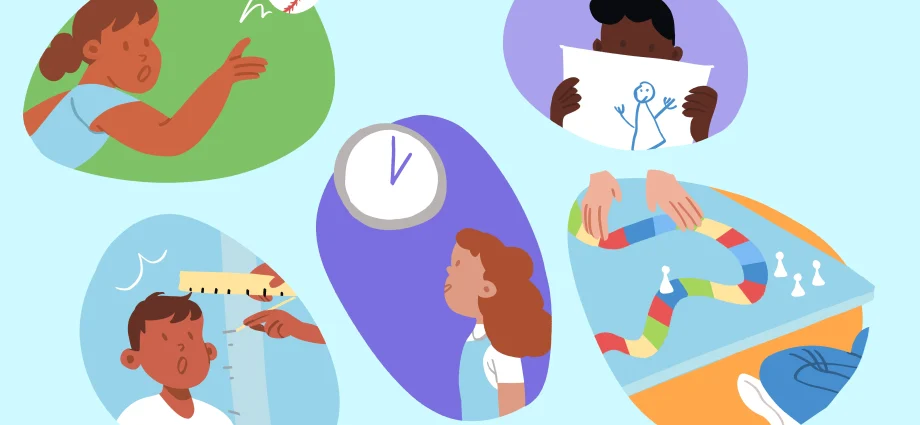The age range of about two to six years is typically broken down into two stages of development, the first eighteen months to three years of age being called ‘early childhood’ and the second three to six years of age ‘preschool age’.
Early childhood
Between the ages of about two and three, the child’s motor and cognitive development enables him to explore his environment intensively. The little man understands and talks more and more, which makes him more effective in signaling his needs. The child begins to notice that objects and activities serve something and recognizes the emotions associated with them, for example, a mug is no longer just an interesting object, the child first of all wants to drink from it.
The key achievement at this stage of development is the feeling of being in control of one’s own behavior. A child of this age has many destructive, potentially dangerous tendencies that he or she is unable to control. Parents and caregivers show the child how to cope by patient, gentle and calm, but at the same time firm and consistent expression of expectations towards the child. Thanks to them, the child gains a sense of control over his inner need to spread food or destroy toys. It is the basis of self-confidence and the source of a sense of competence.
During this time, the child learns to express himself and to take into account the will of other people. Supporting him in this process may consist, inter alia, in creating such conditions that enable the child to make a choice.
It is also the task of parents in early childhood to clearly define boundaries for their child. It is important that prohibitions and restrictions are explained as meaningful and necessary as often as possible. By explaining to the child the consequences of various actions and not stopping at pure prohibitions and orders, the toddler learns and more willingly looks for solutions on his own.
Characteristic of this period is the conflict between the restraining adult and the child’s tendency to act freely according to his will. It is important that the child starts wanting the same things as the adult and does not lose the sense of being separate. Otherwise, the tiny person may feel that his needs and the way he expresses them are always wrong. The result of an adult’s domination and demonstration of his own strength may be an increase in the child’s rebellious behavior or its complete submission. In the future, such children usually disregard the will of others and consider domination the only effective way to achieve their goals. Inadequate control, as well as its excess, is the source of many educational failures. The so-called “stress-free upbringing” contributes to the fear and tension in the child caused both by the environment, other people and his own destructive tendencies. Consistent setting of boundaries by adults helps the child develop internal self-control, which enables control over many negative emotions, which are particularly intense at this time.
Preschool age
From three to six years of age, the child learns to fulfill his needs in a socially acceptable way. One can talk about achieving success in this stage of development if the preschooler develops initiative and not a sense of guilt caused by excessive limitation of his spontaneity.
A child of this age is more sane and socialized than it was before. A partial loss of so-called “childhood spontaneity” becomes visible. The preschooler begins to control his behavior and feelings.
In this phase of development, the process of acquiring collaborative skills begins. The child shows a tendency to subordinate others, but at the same time is more and more willing to play together. The preschooler begins to care more and more about specific people and becomes ready to cooperate and take into account the will of another person.
The development of memory causes the child to remember what he wants to remember, not what he remembers, as it was before. This ability influences, among other things, the consistency in the implementation of one’s own actions and the emergence of sympathies and dislikes resulting from remembering experiences accompanying various events and people.
Preschool age is the phase of the greatest mobility of a child, both mentally, physically and socially. The preschooler literally fills the surroundings with himself, is loud, ubiquitous and expansive. The task of the caregivers at this time is to skillfully socialize the young person, which will not suppress his spontaneity excessively.
Text: Agnieszka Rumińska
BIBLIOGRAPHY:
- Bee, H. (2004). Psychology of human development. Poznań: Zysk i S-ka Publishing House
- Brzezińska, A., Hornowska, E. (eds.) (2004). Children and youth in the face of aggression and violence. Warsaw: Scholar Publishing House
- Woititz, J.G. (2008). Dream childhood – how to raise a happy child avoiding the mistakes of our parents. Gdańsk: GWP
Developmental leaps in an infant










